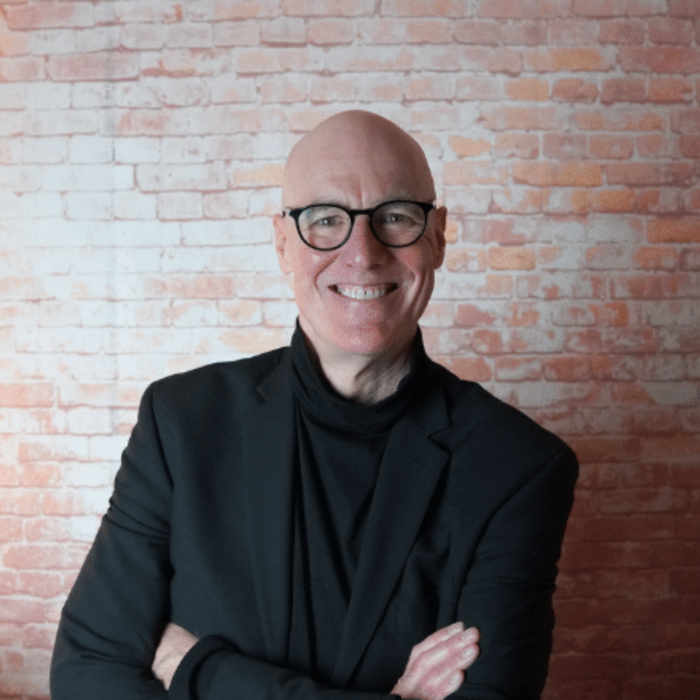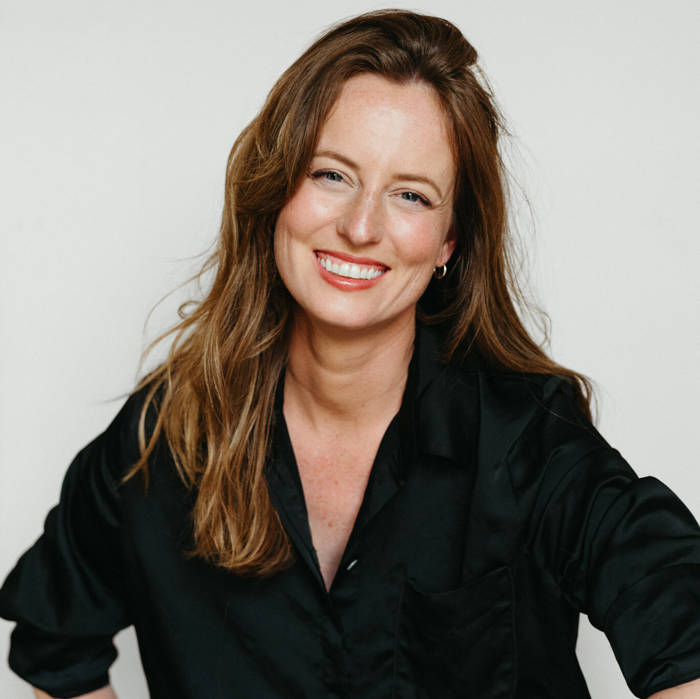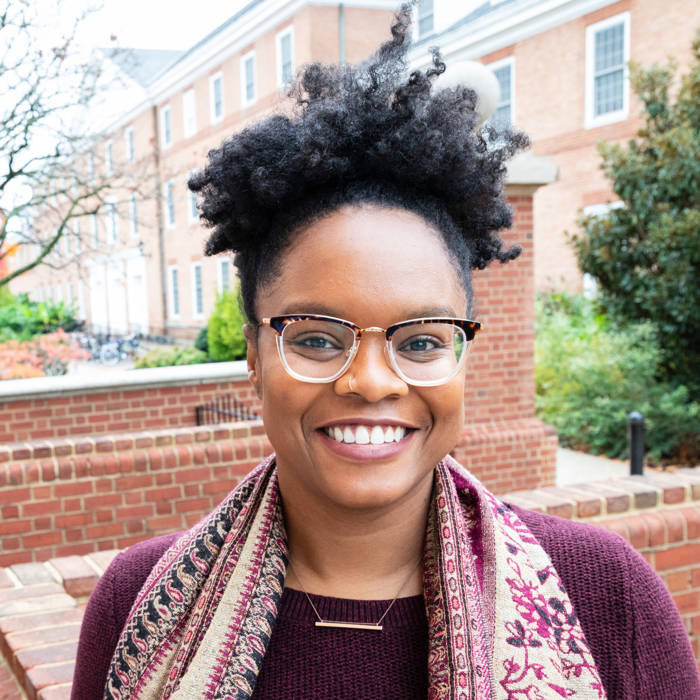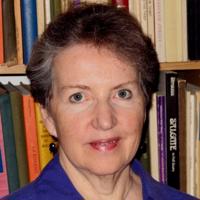Demystifying Research: Evaluating the Efficacy of the Feldenkrais Method®
Thursday 17th October 2024, 2:00 PM - 4:00 PM (London Time)
The Feldenkrais Method® belongs to a class of somatic methods often used in the voice studio to facilitate more efficient use of the body. In this age of ‘evidence-based practice’, it is important for the studio teacher/pedagogue/performer to be able to evaluate research claims. A basic understanding of research methods and biases inherent in the research process is necessary to properly evaluate their conclusions, especially if the research findings influence studio practice.
This course will explore some of the central principles of the Feldenkrais Method in terms of the science of the mid-20th century when they were developed as well as their validation based on contemporary advances in our understanding of neuroscience. Through the lens of modern neuroscience, we will examine a few peer-reviewed efficacy studies in the light the constraints of validity, reliability and objectivity.
Research methods may vary depending on the nature of the research or research question. In broad terms, research is either Quantitative, data statistically derived from experiments or surveys, or Qualitative, based on interviews, documents, or other human interactions. Most of the research involving efficacy of learning methods are quantitative. These types of studies are very effective when dealing with cause and effect such as in chemical interactions. However, when they involve human behaviour, such as in a study involving throwing a baseball, or somatic method such as Yoga or the Feldenkrais Method®, there are often too many variables to conclude reliable recuring outcomes. Validity and reliability depend on exact replication of results. Objectivity depends on neutral metrics, usually numerical values. Thus, many studies, as we shall see, claim that the methods studied are not as effective as claimed, because cause and effect is not easily measurable.
Marina Gilman
Marina Gilman holds a Bachelor of Science Degree from Indiana University, Master of Music degree from Ithaca College, and a Masters of Art in Communication Disorders...

Attend this course for as little as £22 as part of the Voice Professional Training CPD Award Scheme.
Learn MoreSorry, this is an archived short course...
We have plenty of upcoming short courses coming soon. See details of some of them below or look at the full list of short courses.

Tuesday 22nd July 2025
5:00 PM - 7:00 PM
Tuesday 29th July 2025
5:00 PM - 7:00 PM
Tuesday 5th August 2025
5:00 PM - 7:00 PM
Tuesday 12th August 2025
5:00 PM - 7:00 PM
Tuesday 19th August 2025
5:00 PM - 7:00 PM
Tuesday 26th August 2025
5:00 PM - 7:00 PM
(London Time)
Certificated Public Speaking Coach qualification - with John Henny

John Henny
Would you like to be a certified public speaking coach? Join the renowned John Henny for this exciting new online course! This six-week online certification course is designed to equip voice teachers with the specialised skills needed to work with public speakers, corporate trainers, educators, and presenters. Unlike a general public speaking course, this program is specifically tailored to train-the-trainer, giving voice professionals structured methodologies, coaching techniques, and applied skills to enhance vocal delivery, confidence, and influence in professional speakers.

Thursday 24th July 2025
5:00 PM - 6:00 PM
(London Time)
Transitioning From Soprano To Mezzo-Soprano - Pedagogical Approaches!

Dr Caitlin Moore
This workshop will explore the considerations for transitioning from soprano to mezzo-soprano. We will examine the history and vocal science related to voice classification as well as interviews with singers and voice teachers. Interviews feature singers who have experienced this Fach change themselves, as well as voice teachers who have helped singers navigate this shift.


Tuesday 29th July 2025
5:00 PM - 7:00 PM
(London Time)
Towards a Jazz Pedagogy: Lessons from Legends and Educators!

Dr Autumn Griffin
Join Dr Autumn Griffin as she explores the foundational tenets of jazz pedagogy as both a conceptual and practical framework for teaching, in this two-hour workshop. Drawing from her research in “Towards a Jazz Pedagogy: Learning with and from Jazz Greats and Great Educators,” she’ll investigate how jazz (its historical and cultural legacy, structure, improvisation, and relationality) can be mobilized to inform dynamic, liberatory educational practice!
